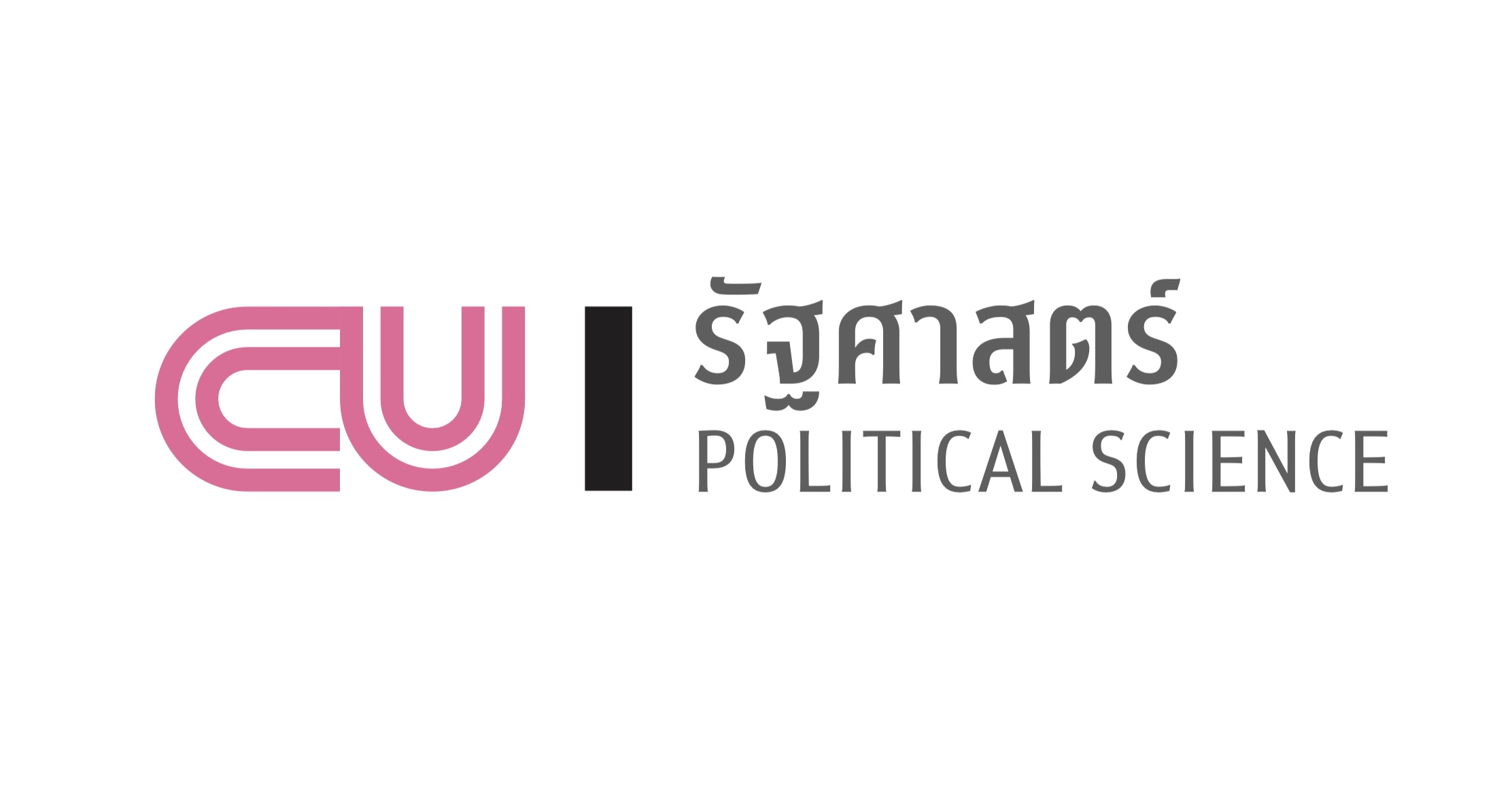Faculty of Political Science
Chulalongkorn University
The Faculty can be traced back to the Civil Servant Training School founded during King Rama V's reign, which later became the Royal Page School during King Rama VI's reign. Chulalongkorn University was founded in 1916, and the Royal Page School was incorporated into the university. During King Rama VII's reign, the School was renamed the Faculty of Public Administration and later merged with the Law School to form the Faculty of Law and Political Science. Following the establishment of Thammasat University in 1934, the Faculty was transferred to Thammasat University, and was thus absent from Chulalongkorn University for 15 years.
The Thai government decided to reopen the Faculty of Political Science at Chulalongkorn University in 1948. Since that time, the Faculty of Political Science has evolved and changed in tandem with Thai society. The Faculty contributes knowledge to society through teaching, research, and community service. Many students and faculty members have played pivotal roles in numerous historical events, as well as contributing to the nation's administration and development by working for government agencies and private businesses. Over the course of seven decades, the Faculty has assisted in preparing the nation for global society and its ever-changing economic, social, and political dynamics.
With our continuous development, Chulalongkorn University's Politics and International Studies were ranked 101-150th in the world in the 2019 and 2020 QS World University Rankings by Subject, the highest ranking among its Thai peers.
PGS Multi-functional Learning Spaces
Our classrooms and learning spaces are multi-functional and equipped with a variety of educational platforms. This is an innovative, open, creative, and yet relaxing environment in which students can learn and share their ideas with others.
The PGS classroom is on the M Floor of the Kasem Utthayanin Building. The classroom is outfitted with easily moved tables and chairs that are appropriate for a variety of class activities. The back of the room is an open area with comfortable wooden steps. Students can use the space for creative purposes because of the relaxed and friendly atmosphere. The venue is also suitable for hosting a seminar, book talk, workshop, policy competition, and other social and academic events.
Our innovative classroom is on the seventh floor of the Kasem Utthayanin Building. The room is intended to be a relaxing and creative environment in which educational technology will aid in stimulating students' learning experiences. The classroom is equipped with multifunctional screens that can be linked to various personal and shared devices for presentations, debates, discussions, and quizzes.
Students can form various group activities using our trapezoid-shaped, moveable tables. A high-speed wifi network, an interactive whiteboard, and other online platforms and cloud technology are available to support online learning experiences.
Rufus D. Smith and Chamnan Yuvapurana Library
The library is thoughtfully designed by Nita Yuvaboon and Prow Puttorngul, an architectural team from Nitaprow. Their design incorporates a campus scene of historic buildings, legendary furniture from our old library, and modern amenities to allow for study comfort and idea exchange.
As daylight or natural light plays a key role in the design and planning of the library. The main reading area finds its most appealing position along the north facade where for an extended amount of time, students can enjoy the soft and cool northern light with a lush scenic view. The main book stacks are placed in rows perpendicular to the south facade serving as a passive tool in filtering the heat and the strong sunlight flooding into space and directly onto the books.
Read more about the design of the library here
Our award-winning library is one of Thailand's most well-known social science libraries, and it plays an important role in providing teaching and learning opportunities on campus.
The library was established in 1948 at the Samranrat Borirak Building. Professor Rufus Daniel Smith of New York University, USA, who received a Fulbright scholarship to teach Comparative Politics at Chulalongkorn University's Faculty of Political Science in 1951, assisted in the establishment of the library by requesting donations of social science books and journals from foundations and universities in the United States. It is regarded as the foundation of the Faculty of Political Science's library service, making it Thailand's first library and a vital source of social science research. Later, the library was relocated to the Kasem-Utayanin Building. It was moved to the ground floor of the Wisit Prachuabmuah Building in 1975, and on September 8, 2014, it was relocated to the third floor of the Kasem Uthayanin Building (60 years of Political Science, Chula) and renamed the “Rufus D. Smith and Chamnan Yuvapurana Library” after the names of the most recent contributors to the library.
Chulalongkorn’s Green Campus
The UI-Green Metric for City Center Campus 2018 ranks Chulalongkorn University's green and sustainable campus first in the country and 14th in the world.
According to research, a good environment improves education. As advancements are made, they must be done in a sustainable manner so that future generations can benefit as well.
Chulalongkorn University takes this seriously and has now implemented the Green Chula policy, which encourages the development of innovations and practises that will both sustain and protect the university's environment, as well as the surrounding community, the country, and the planet as a whole.
More information about our sustainable campus activities can be found here.
The university also actively implements the Chula Zero Waste programme, a collaborative effort between Chulalongkorn University's Environmental Research Institute, Physical Resources Management Office, and the CU faculty and student network to reduce waste on campus to zero. This decision reaffirms the university's commitment to being a sustainable "green" university that focuses on environmental conservation with the help of Chula community members.
For more information and updates, visit the Chula Zero Waste Facebook.







